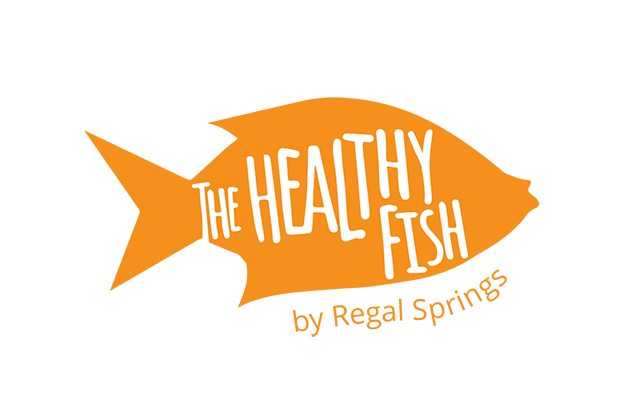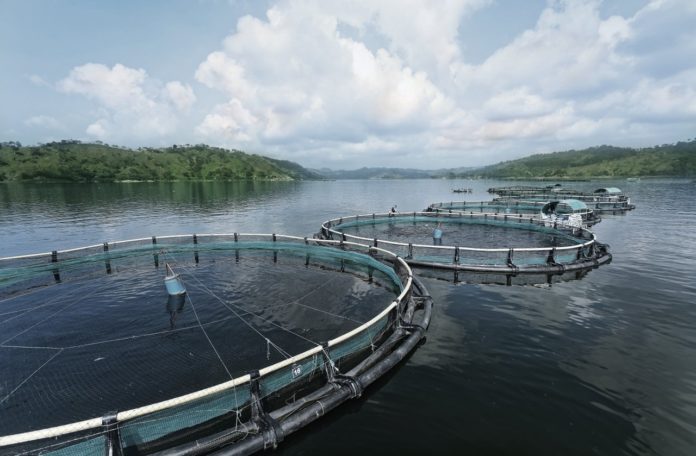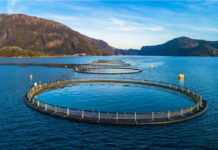Between tales of endangered species, greenhouse gas emissions and oceans of plastic, it can be tempting to think that there is nothing we, as individuals, can do to make a change. However, this could not be further from the truth. Sure, you’re not going to be able to single-handedly save the planet, but by making small changes every day, we can all do our part to improve our planet’s health—and maybe even our own in the process.
It is through this understanding that little gestures can make a big difference that Earth Day was established, way back in 1970. Before this time, there were no legal or regulatory mechanisms in place to protect our environment from corporations who carelessly dumped toxic waste into streams or spewed black clouds of toxic smoke into the air. With the rise of environmental awareness, the U.S. Environmental Protection Agency (EPA) was created, and today, people across the globe commit to being aggressively eco-conscious every April 22nd.
Earth Day is a wonderful initiative and one well worth observing. However, caring for the environment should not be confined to a single day on the calendar. By treating every day as an opportunity to help Earth thrive, we can all have a positive impact on our one and only planet. And it’s easier than you think.
Reduce Food Waste

Did you know that 40% of the food in the United States gets thrown away? And it’s more than just food we’re wasting—this translates to wasted water, land and resources, not to mention your own money. A great way to negate this waste is to implement a weekly meal plan. By making a concerted effort to plan out what you will eat throughout the week, you are much less likely to (quite literally) bite off more than you can chew, as you will only buy ingredients that you know you can use up that week. And if you do happen to to find yourself with a few extra veggies come the end of the week—well, that’s what Stir Fry Sundays are for.
Consider Your Commute
If you’ve ever spent two hours trying to move five kilometers down the road during rush hour, you’ll know how painful a morning commute can be. But it doesn’t have to be this way! Jumping on a bike or making the journey to the office on foot will go a long way to trimming down greenhouse gas emissions, all while helping your physical and mental health in the process. Give this a shot for a week or even just one day a week to see how it impacts your schedule. Biking to work could replace that boring treadmill session at the gym, all while giving you some of that crucial vitamin D. You’ll never know how replacing car travel can impact your life for the better until you try.
Choose Responsibly Raised Fish

Our Earth’s fish populations have been stretched to their limits and then some. According to the FAO, 52% of our fish stocks are fully exploited. To help our ocean’s replenish themselves, avoid purchasing wild fish and instead choose those that are responsibly raised.
Fish farms like Regal Springs not only raise their fish in accordance with strict ethical mandates (an effort which has earned them the ASC’s stamp of approval), but they operate a zero-waste policy. Therefore, when you purchase fish from a responsible fishery, you know that you’re getting a delicious, nutritious and traceable product.
Ditch Single Use Plastics
Plastic pollution is a global crisis. From single use plastic straws to plastic grocery store bags, these wasteful products are littering our beaches, poisoning marine life and even disturbing human hormones. The issue is that these plastic cannot simply be destroyed and do not biodegrade in any meaningful sense, meaning that plastic waste could exist for hundreds—even thousands—of years.
Taking a stand against plastic pollution can be easy. Invest in reusable ware for the disposables you use most often: a thermos can replace a coffee cup for a daily java fix, while a glass or metal straw can stand in for a plastic one. When you do your grocery shopping, bring your own bag, and if you’re ordering take out, supply your own containers. All these items are fairly light and unobtrusive, so they won’t weigh you down but they will reduce your waste.
Grow Your Own

With all the talk about eating local, it’s easy to forget that the most local place of all is your home. This summer, commit to starting your own herb and veggie garden. Not only will you save money on purchasing vegetables at the supermarket, but you can guarantee that what you’re eating is fresh and organic. If you have limited backyard space, don’t forget about potted herbs and sprouts!
This year, celebrate Earth Day every day by making thoughtful choices all year round. Your health, your wallet and your planet will thank you.
What you eat (and don’t eat) impacts the planet, so find out how you can help reduce food waste.
Photo Credits: 6Aleksandra Suzi / Shutterstock Inc., Regal Springs, Rimante B / Shutterstock Inc.






